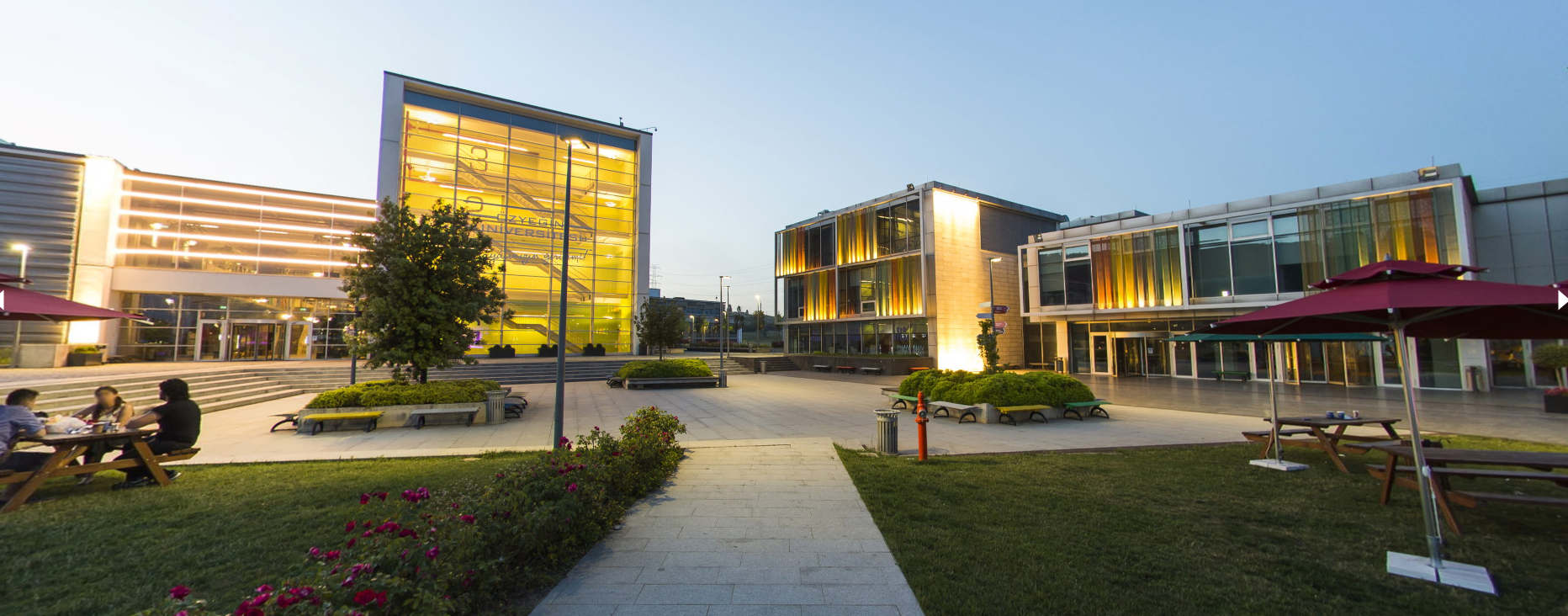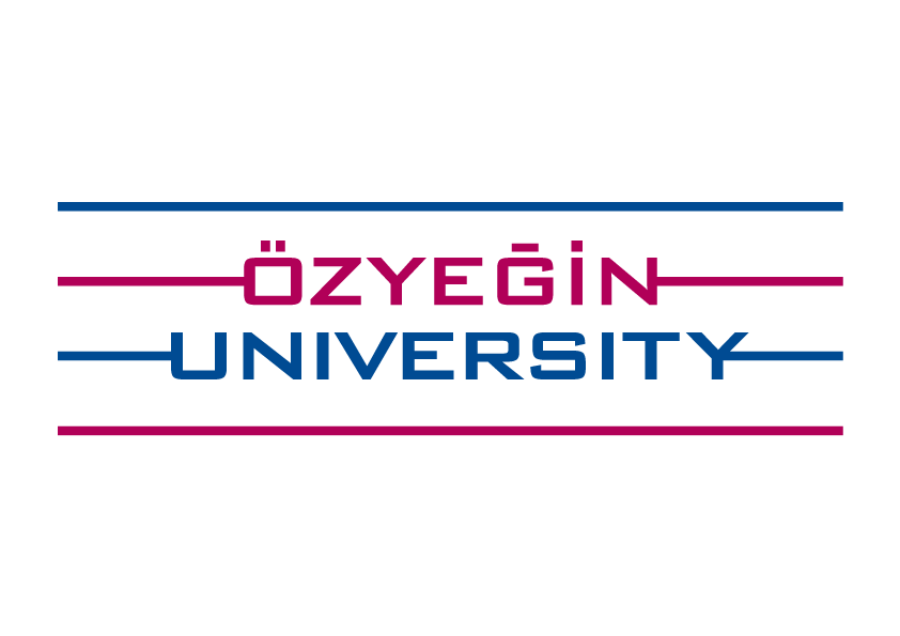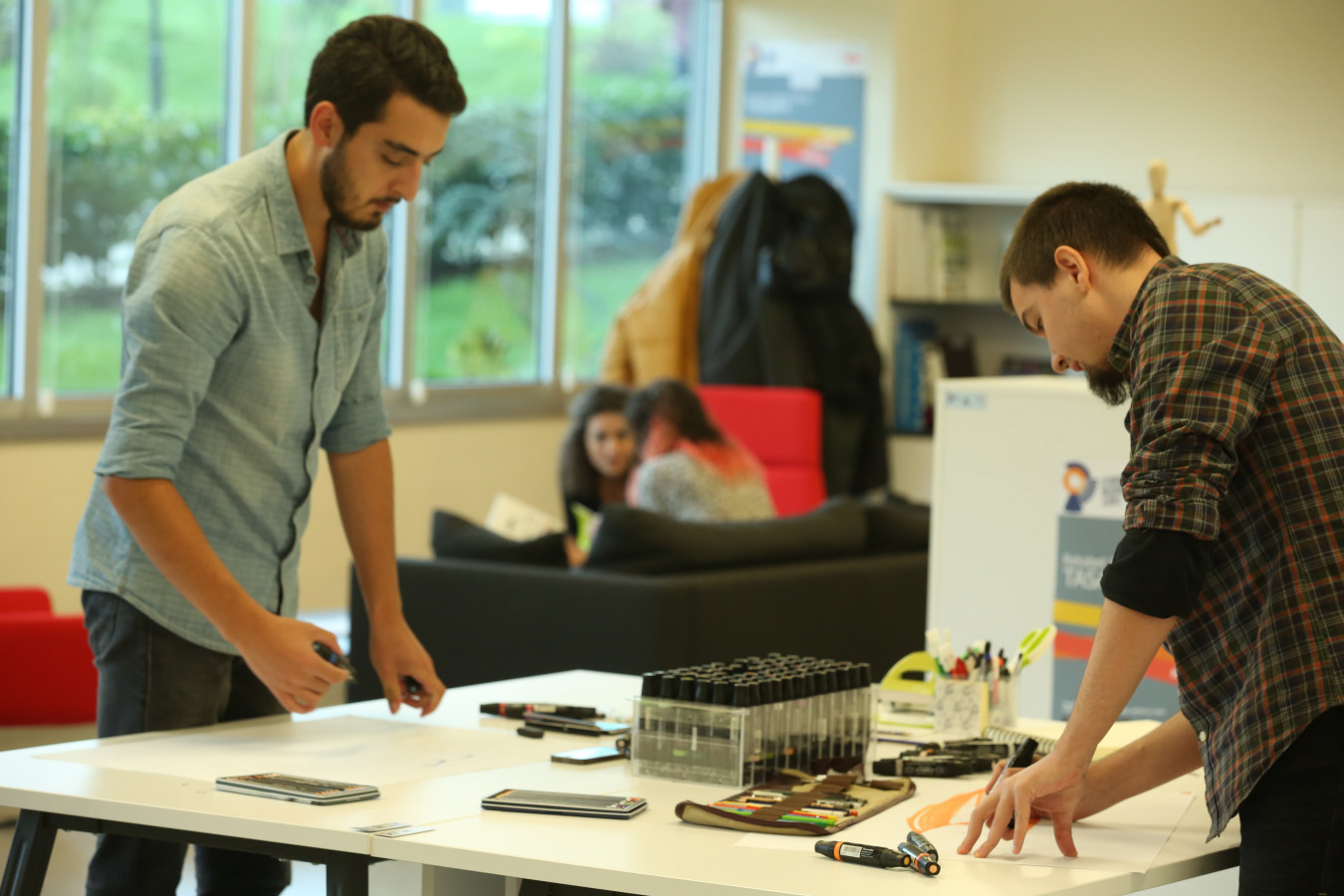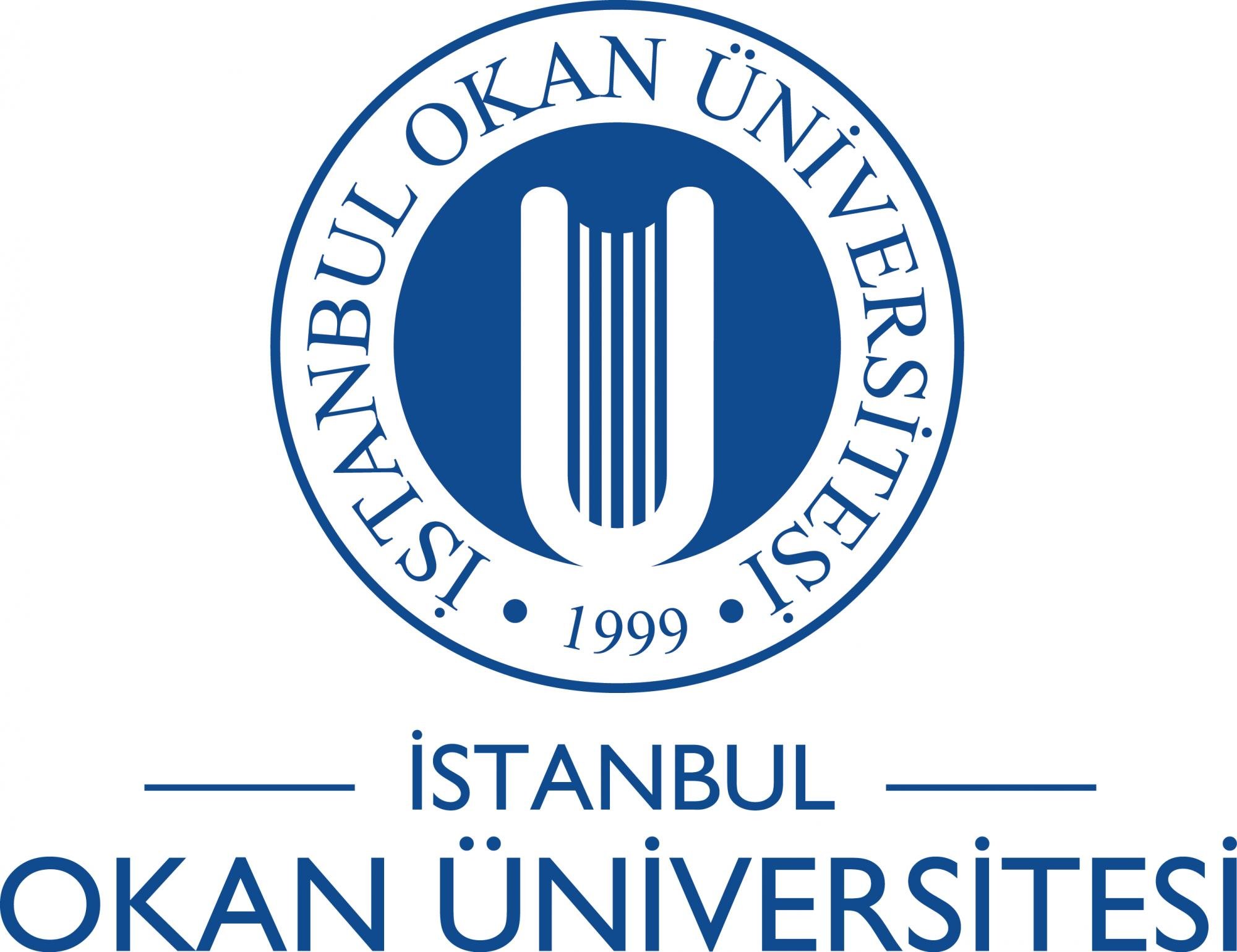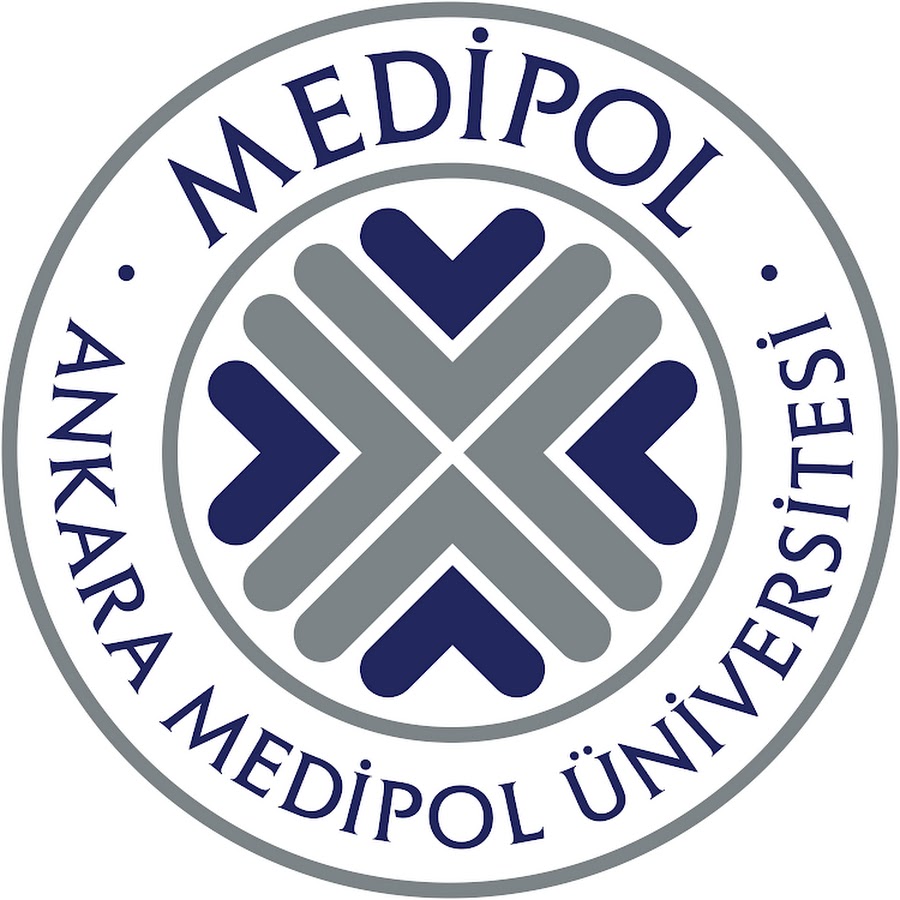
Electrical and Electronics Engineering (English)
Neotech Campus, Turkey
Overview
About the Department
The Department of Electric-Electronic Engineering aims to train innovative, initiative, questioning and knowledgeable engineers and experts who pioneer in training and education, scientific research and technological studies, who improve themselves, who make analyses and syntheses and who are aware of their moral, ethical, legal and professional responsibilities to the society and their profession. Another purpose is to train engineers and researchers inclined to team work, having national and international experience of working and knowledge. Our ultimate purpose is to be a nationally and internationally-acclaimed department of engineering that carries out training, education and scientific research and contributes to the transformation of the produced information and technologies into social advantage and use.
Fields of Employment after Graduation
One of the basic working fields of the graduates of the Department of Electric-Electronic Engineering is the small and medium-sized enterprises (SME) in various sectors. In 2010, approximately 2,5 million SMEs carried on a business in different fields. They make up 99.9% of all the enterprises, 77,8% of the employments, 51,5% of the salaries and payments, 64,8% of the endorsements, 55,5% of the added value with the cost of factor, and 41,1% of the gross investment related to the material possessions. Developed engineering skills possessed by the SMEs active in the sector electric and electronic are the factors increasing the chance of the manufacturing firms for competition in the international markets. Almost every type of spare part and appurtenance can be produced and manufactured at a high quality and competitive price in Turkish Electric and Electronic Industry. The rate of local input in the process of production is around 80-85%. The main product groups produced in the electric and electronic industry are as follows: large coolers, refrigerators, freezers, food cooling and storing devices, washing machines, clothes driers, dish washer, cooking devices, electric ovens, microwave ovens, vacuum cleaners, carpet-washing machines, cleaning machines, weaving, knitting and sewing machines, and several others available to people at every stage of their daily lives. Turkish electrical and electronic equipment industry produces devices and machines of 9,5 billion dollar a year. There are about 2.000 businesses active in the sector. Telecommunication equipment occupies 16% of the product groups of the electrical and electronic equipment industry, secondary only to the consumer equipment export. This sector develops every day thanks to the research-development investments on a large scale, and telecommunication wires take the lead in the telecommunication sector. According to the data of the year 2008, the telecommunication equipment export of the electrical and electronic equipment industry, which had a 6-billion-dollar sum of export, was 2,17 billion dollar, while the share of the consumer equipment export was 2,15 billion dollar. The EU countries like Germany, France, Italy and Spain and England are among the countries to which the sector exports. These figures and data reveal the need for qualified personnel in fields of design, innovation, development and production of electrical and electronic systems. The Department of Electric-Electronic Engineering is a branch that studies theoretically on computer systems and develops them and produces technologies related to them. The proliferation of computer use has enhanced the need for quality and qualified labour force in this field. Its main purpose is, therefore, to train specialized experts who are equipped with enough theoretical and practical knowledge to contribute to the sectoral development, who have the scientific background required for the effective use of technology in every field and who are good at solving problems, doing research and developing their skills and competence at all times. With all these points in mind, it could be said that Computer Engineering is the profession of today and future.
About the Courses
The courses taught in the electrical and electronics engineering department consist of vocational courses such as electrical circuits, electronics, electrical machines, power systems, power electronics, communications, signal processing, and support courses such as mathematics, probability, statistics, physics, and discrete mathematics. Term projects and assignments support vocational courses. In addition to theoretical and applied courses, students go to on-site vocational practice at the companies.
Similar Programmes
Electrical Engineering
University of Toledo, Toledo, United States
Earliest Intake
July 2024
Gross Tuition
26383 $
Electrical Engineering
Texas State University, San Marcos, United States
Earliest Intake
July 2024
Gross Tuition
24520 $
Electrical-Electronics Engineering
Özyeğin University, Çekmeköy, Turkey
Earliest Intake
February 2025
Gross Tuition
22000 $
Electrical and Electronic Engineering
Istanbul Okan University, Tuzla, Turkey
Earliest Intake
June 2025
Gross Tuition
4000 $
Electrical Electronics Engineering
Ankara Medipol University, Altındağ, Turkey
Earliest Intake
January 2025
Gross Tuition
5000 $
Uni4Edu Support





